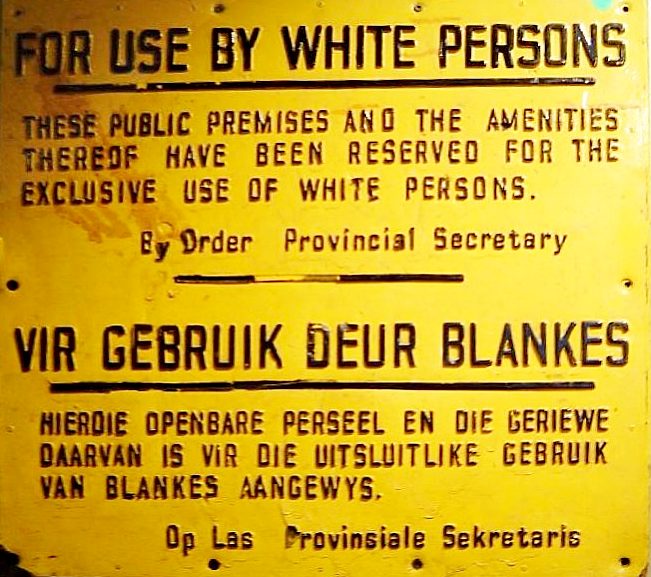|
DISCRIMINATION
HOME | CASE STUDIES | HISTORY | LAW | POLITICS | RIGHTS | SITE INDEX
|
||||||||||||
|
EUGENICS - Unbelievable though it may seem, overt policies were legal only recently. Covert eugenics policies are rife in many counties, with Britain being one such country that allows council and police officers, banks and other institutions to indulge in an undertow of discriminatory practices that are very hard to prove. British institutions target white as well as black citizens. The moment any person challenges a council they will find themselves on a black list. Kelly Davis was a builder of African descent who Wansdyke District Council did not like. Nelson Kruschandl is a European who Wealden District Council did not like.
You will find that council officers can be quite spiteful despite their positions of trust. Once they have taken a dislike to a person who calls into question their judgment, then all departments are given the green light to pile on the agony. They will call in favours from the police, TV licensing, social security and valuation agencies for starters. Eventually, this will spread to banks and building societies, councillors and members of parliament. Finally, these pillars of society will involve Interpol - and it all starts because you might have the temerity to ask for an explanation as to a decision that is wrong, in one case we know of it started with a tree preservation order that should never have been made.
The object is to apply as much pressure as possible to a person to get them to move out of their district or to sell property cheaply to a favoured developer/occupier. The council officers will arrange for countless Gestapo style visits to premises no matter what the cost to the tax payer.
Discrimination on any grounds is unlawful according to Article 8 of the Human Rights Act.
In 2003 a WAG member heard Wealden's then principle solicitor, advise a planning meeting that they could not take enforcement action to prevent Anne Harris living in her mobile home, since this would constitute discrimination ..............
In another case two WAG members heard the head of the legal services department direct a planning committee by saying "we don't want to give permission to this applicant." This kind of behavior is illegal under Article 8 of the Human Rights Act. The solicitor advising his members knew it was, as did the members, but nobody stood up to say it was, or declare the meeting an unlawful assembly.
The Local Government Ombudsman cleared this up in 1996 when he reported: "The identity of an applicant and the ownership of a site are not material planning considerations." "Members should consider planning issues only."
It follows that when the identity of an applicant or his or her ownership is brought to the table when considering planning issues, by introducing other issues which may sway the members to a different decision, any decision reached by the members may be void.
Sadly, officers of many Council's routinely disregard the direction of the LGO. They use any bit of gossip to blacken the character of an applicant. Sometimes they suggest another organisation have an interest in the applicant or site such as to make councillors believe they should be judging the applicant and his or her morals. THAT IS WRONG AND PERVERSE!
We hope many more members of the public take Councils and Councillors to task by means of Judicial Review or to seek damages, or other corrective Orders to restore their civil rights in the County or High Courts. SEE the caselaw pages for guidance as to precedent. Also see the example application to the High Court, seeking leave to for a Judicial Review.
UNIVERSAL DECLARATION OF HUMAN RIGHTS
EUROPEAN CONVENTION OF HUMAN RIGHTS
|
